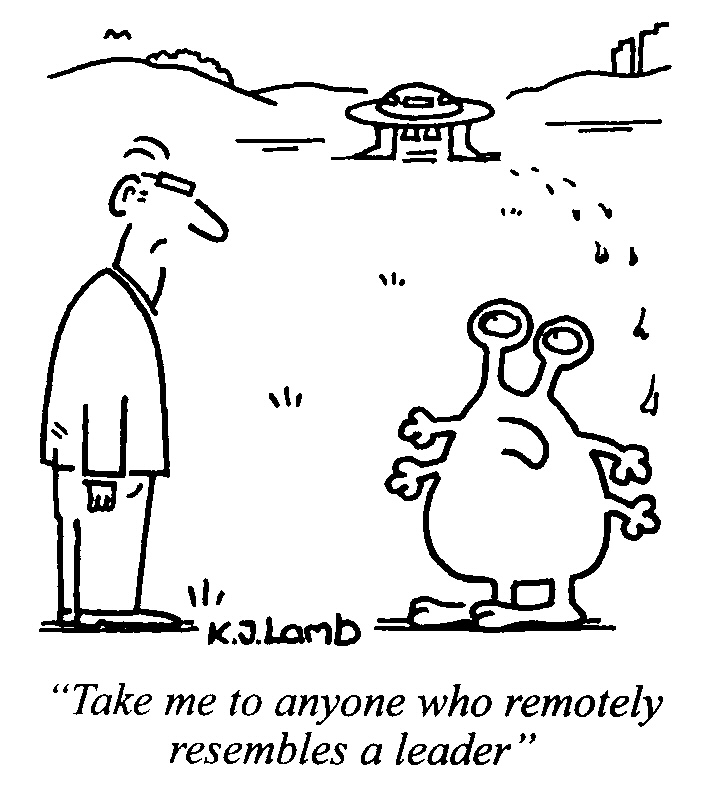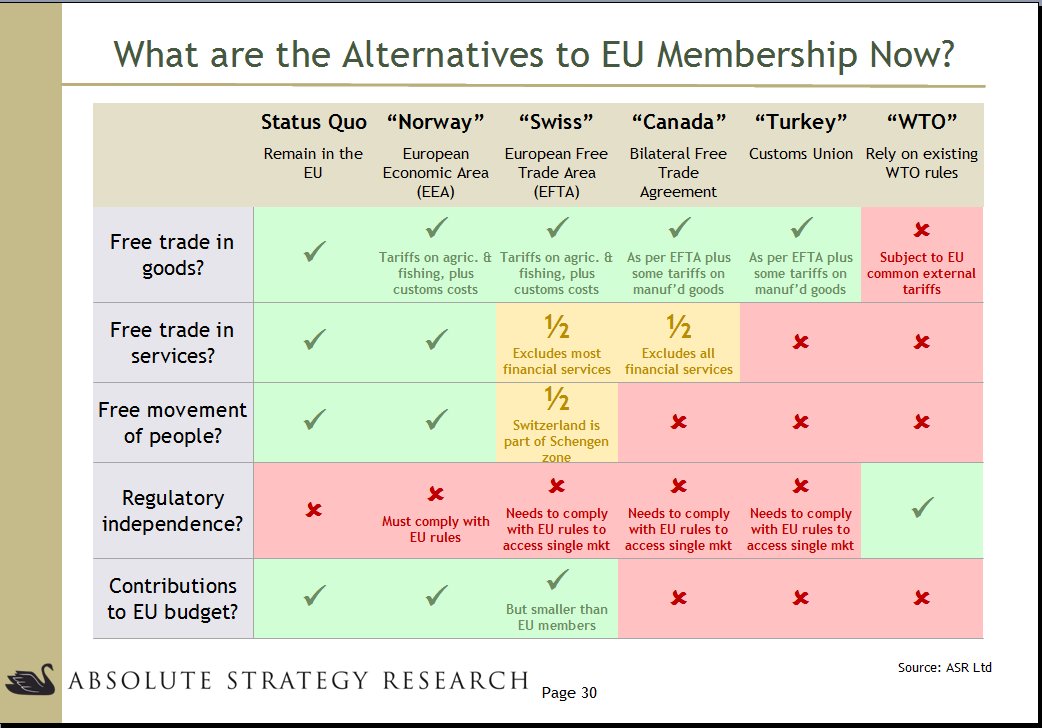So Theresa May is now Prime Minister. And one of her first decisions must have taken quite a lot of balls to pull off.
She has named Boris Johnson as Foreign Secretary.

I’m not sure if this is a very stupid, or a very astute, move.
If Boris continues to be a complete clown, regularly tactless and a loose cannon, it could well turn out to be a very stupid move. In such circumstances would you want him dealing with Russia, or China, or Iraq? Or “owning” MI6 or the Diplomatic Corps?
On the other hand there is an argument that if you have a trouble-maker or a loose cannon, you keep them out of mischief by giving them a big job. One where they have to do some work, to behave, to think, to be tactful and diplomatic. And a job where they are close to you, where you can keep them on a short leash and keep a beady eye on what they’re doing. If that’s how this works out it is a very astute move.
But even better than this, it could be Boris’s comeuppance. Maybe someone has finally been able to call his bluff. Because as Foreign Secretary he is going to have to be involved in the Brexit negotiations. And he’ll have to be dealing with his counterparts in Europe, who know full well he is the clown who largely got us into this almighty mess. He could get a very rough ride, especially if he starts being the pillock we know he can be. He might just finally have had his balls nailed to the mast.
I would like to think this is a very astute move by Mistress May. If it is, and if she carries on in this vein, we should expect quite a few more egos having their balls broken. And that could be quite a good thing.
Interesting times we live in!





